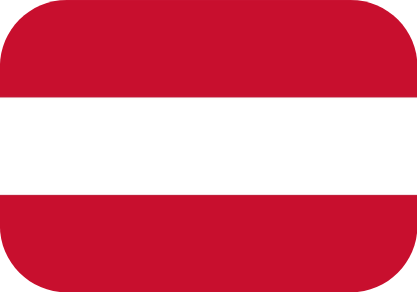CIHUB

Title
CIRCULAR INNOVATION HUB
Project acronym
CI-HUB
Program
INTERREG DANUBE REGION 2021-2027
Program priority
1 - SMART - A SMARTER CENTRAL EUROPE
Specific objective
1.1 ENHANCING INNOVATION AND TECHNOLOGY TRANSFER
Duration
01.2024 - 06.2026
Project ID
DRP0200388
Lead Partner
POMURJE TECHNOLOGY PARK
Project budget
2.351.007 EUR
Interreg funding
1.880.805,39 EUR (80%)
PARTNERS

Pomurje Technology Park - lead partner (Slovenia, SI)
https://www.p-tech.si/
bwcon research (Germany, DE)
https://www.bwcon.de/de/
Carinthia UAS - non-profit limited liability company (Austria, AT)
https://www.fh-kaernten.at//
Croatian Chamber of Economy - County Chamber Varaždin (Croatia, HR)
https://www.hgk.hr/zupanijska-komora-varazdin
Foundation Cluster Information and Communication Technologies (Bulgaria, BG)
http://www.ictcluster.bg/
IFKA Public Benefit Nonprofit ltd. (Hungary, HU)
https://mgfu.hu/
Business Development Agency of Karlovy Vary Region (Czechia, CZ)
https://www.karp-kv.cz/en
Science Technology Park Čačak (Serbia, RS)
https://www.ntpcacak.rs/
Organization for Entrepreneurship Development (Moldova, MD)
https://www.oda.md/ro/
Digital Innovation Hub ONEX (Bosnia and Herzegovina, BA)
https://onex.digital/en
Science and Technology Park Montenegro (Montenegro, ME)
https://ntpark.me/
Technical University of Cluj-Napoca (Romania, RO)
https://www.utcluj.ro/
Technical University of Kosice (Slovakia, SK)
https://www.tuke.sk/enPROJECT SUMMARY
Research highlights that consumer resistance to circular offerings is a key barrier to a circular economy. SMEs face challenges in adopting circular practices and Industry 4.0 technologies due to limited resources, weak regulations, low support, and poor environmental awareness. While SMEs represent 99% of EU businesses and two-thirds of employment, they contribute 64% of industrial emissions. The lack of modern technologies and expertise further hinders their circular transition, particularly in less developed regions affected by brain drain and limited multidisciplinary services. The project aims to boost innovation in less innovative, non-urban industrial regions with weak R&D, limited ICT use, and few knowledge-intensive SMEs. It will establish a Joint Transnational Circular Transition Accelerator, integrating circular user experience models with Industry 4.0 technologies. Focusing on the plastic & metal processing and construction sectors, the initiative will be the EU’s first program of its kind. A partnership of 23 institutions from innovative (Germany, Austria), transition (Slovenia, Czech Republic, Hungary, Slovakia), and low-innovation (Croatia, Bosnia and Herzegovina, Romania, Serbia, Bulgaria, Montenegro, Moldova) regions will drive the project. It will test five strategies—circular supplies, resource recovery, product life extension, sharing platforms, and product-as-a-service—within a real-world innovation environment, advancing circular technologies and fostering cross-border marketability.
PROJECT RESULT
The sustainability of CI-Hub outputs will be ensured through integration into partner operations, capacity building, and digitization of resources. Outputs like the user acceptance model and circular transition accelerator will become part of regular services, ensuring continued use. Training materials and knowledge will be institutionalized within partner organizations, enabling ongoing skill transfer. Key resources will be digitized and hosted online for broad accessibility. Policy advocacy will integrate outputs into regional policies, ensuring long-term support. Partners will create sustainability plans for continued service delivery, and stakeholder engagement will provide ongoing feedback for improvement. Successful models will be scaled up or replicated in other regions, supported by collaborations. Continuous monitoring will refine outputs to align with stakeholder needs, ensuring lasting impact.






